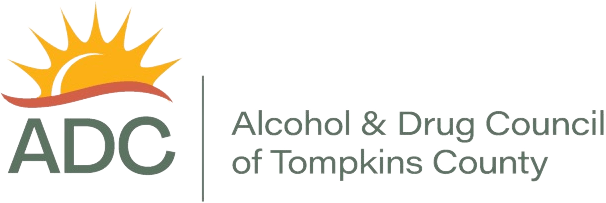Prescription medicine—a critical piece of our cultural fabric—“a pill for every ill”—all you have to do is turn on the TV, listen to the radio or view ads on the Internet or in the newspaper to see and hear about the latest medicine that can cure migraines, treat pain and stress, keep you more alert, help you sleep or address depression. We walk that fine line between ensuring access to needed medications to preventing misuse/abuse and addiction.
In this age of a “pill for every ill,” we live in a society where the potential for prescription drug abuse and addiction is ever-present. Among teens and young adults, next to marijuana, Rx drugs are abused the most. According to the latest National Survey on Drug Use and Health, 6.8 million people or 2.6 percent of the population were unmedical users of Rx medicines in 2012. Out of this number, 2.8 percent represent young people, aged 12-17. Data also tells us that they’re abusing pain relievers, depressants and stimulants to go to sleep, wake up, stay alert and/or get high.
The good news is that nationally, among youths aged 12 to 17, the rate of current nonmedical use of prescription-type drugs declined from 4.0 percent in 2002 to its present level. While we can say, “great job,” we need to remember that
- Many teens and young adults still believe that Rx medicines are safer to abuse than illegal drugs.
- These medicines are easy to get—about 54 percent of those abusing these medicines obtain them from friends and relatives.
- Approximately 2000 teens each day misuse or abuse Rx drugs for the first time (NIDA FOR TEENS).
As such, some teens and young adults will fall down that slippery slope of abuse and addiction. Before you can say, “Not my child,” you may find yourself saying, “it is my child—now what?”
Out of the spotlight are the teens and young adults who abuse and may become addicted to these Rx drugs. We need to protect our teens and young people. Be a part of the solution. Start by locking up your meds and properly disposing them when they’re no longer needed. Then, get involved. Talk with your teen or young adult. Create a foundation for kids to establish healthy, medicine-taking practices that will last a lifetime.
October is Prescription Drug Abuse Awareness month so log on to http://www.preventrxabuse.org/ to get more information.
